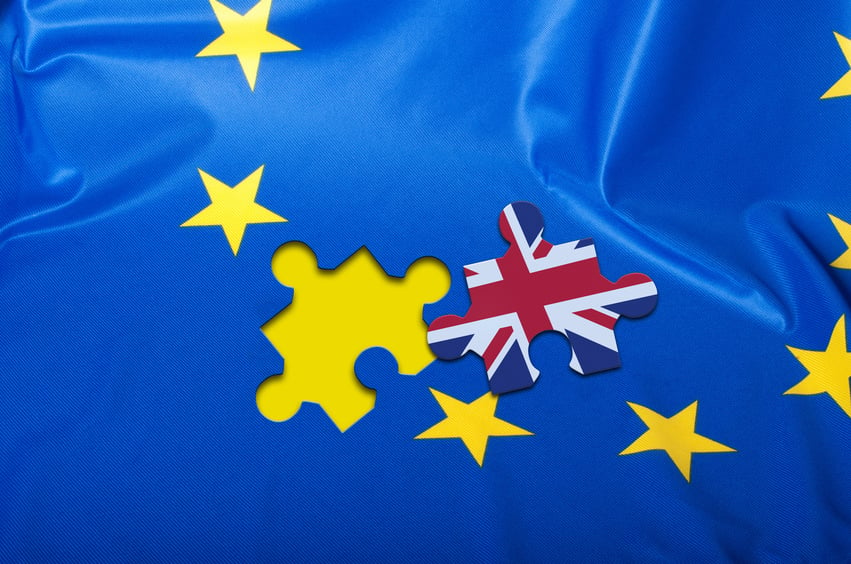The UK Supreme Court has handed down its long-awaited judgment in relation to the case of BTI 2014 LLC (Appellant) v. Sequana SA and others (Respondents) [2022] UKSC 25, concerning the duty of directors of a company registered under the Companies Act 2006 to consider (and act in accordance with) the interests of the company’s creditors.
In recent months, discussions have been ongoing regarding the so-called “labor deal” in Belgium, which will entail various changes to Belgian employment law. Can employees insist on a four-day working week? Are employees entitled to a “right to disconnect” after working hours? On Thursday 29 September 2022, the federal parliament officially approved the draft law implementing the labor deal (thereby addressing such questions).
The Employment Appeal Tribunal has held that an original version of a grievance investigation report that did not attract legal advice or litigation privilege when it was drafted could not acquire privilege status retrospectively.
After pressure from Parliament, the Swiss Federal Council has against its own intentions opened the consultation process on new legislation to screen foreign investments in future also in Switzerland and has published a draft investment control law (“Draft ICL”). By implementing foreign investment control mechanisms, Switzerland would follow the global trend towards stricter regulation of foreign investments. According to the Draft ICL, the new law would apply to acquisitions of domestic companies by foreign investors. The main objective is the aversion of possible threats to public order and national security resulting from acquisitions of domestic companies by foreign investors. The final aim is to create investment controls in a new and stand-alone federal law.
On 27 September 2022, the Ibero-American Network for the Protection of Personal Data published the Guide for the Implementation of Standard Contractual Clauses for the International Transfer of Personal Data, which sets out certain aspects to be considered when making international transfers of personal data through the use of standard contractual clauses. The Guide includes non-binding guidance for those who make ITPD from member countries of the RIPD to non-adequate jurisdictions.
On 19 September 2022, the Commission unveiled its proposal for a Regulation for the New Single Market Emergency Instrument (SMEI) to secure crucial supply chains in future emergency situations. The Commission describes the SMEI as a crisis governance framework to ensure the free movement of goods, services and persons and the availability of critical goods and services within the EU during emergencies. The SMEI is not specific to health but applies to all kinds of crises having an impact on the functioning of the single market and its supply chains. ‘Crisis’ is quite vaguely defined as an exceptional unexpected and sudden, natural or man-made event of extraordinary nature and scale that takes place inside or outside of the Union.
EFPIA, the European Federation of Pharmaceutical Industries and Associations and IFPMA, the International Federation of Pharmaceutical Manufacturers and Associations, published at the end of September 2022 a long-awaited Note for Guidance to assist their member companies with their use of social media and digital channels. The Guidance aims to set out the areas that companies should consider when communicating on social media and other digital channels, and builds on existing guidance, including the Principles for the use of digital channels in the EFPIA Code.
In September 2022, the government sought to reinforce its commitment to curbing money laundering in the UK by introducing the Economic Crime and Corporate Transparency Bill. The draft bill represents a substantial overhaul to Companies House, which, if implemented, will affect how all companies, partnerships and limited partnerships are established. It is the second piece of legislation targeting economic crime following the Economic Crime (Transparency and Enforcement) Act 2022, which was introduced in March 2022.
Baker McKenzie’s Sanctions Blog published the alert titled Switzerland De-Lists Designated Individuals under Russia Sanctions on 28 September 2022. Read the article via the link here. Please also visit our Sanctions Blog for the most recent updates.
Baker McKenzie’s Sanctions Blog published the alert titled EU Commission proposes further sanctions against Russia on 28 September 2022. Read the article via the link here . Please also visit our : Sanctions Blog for the most recent updates.



